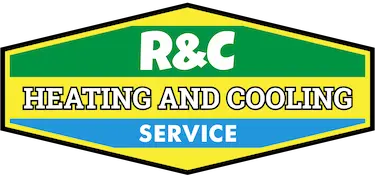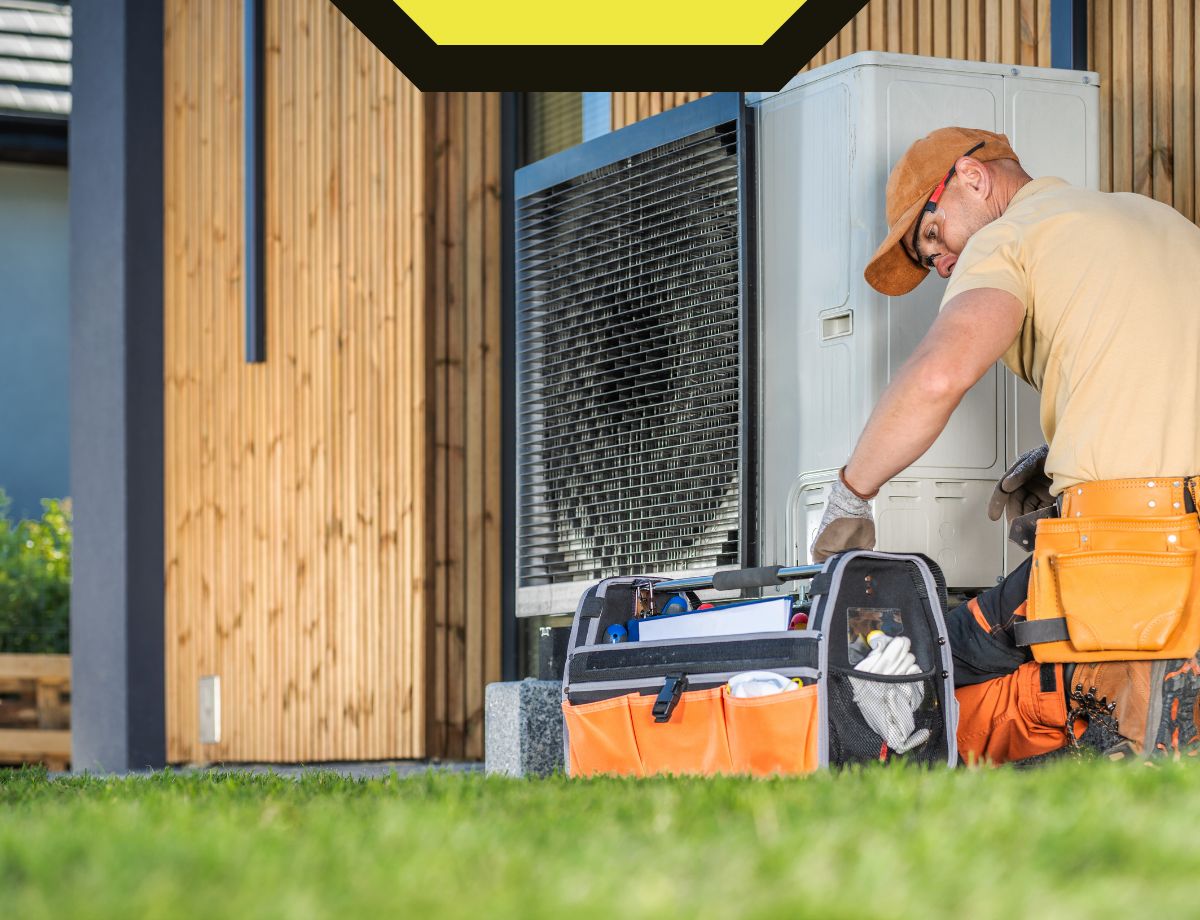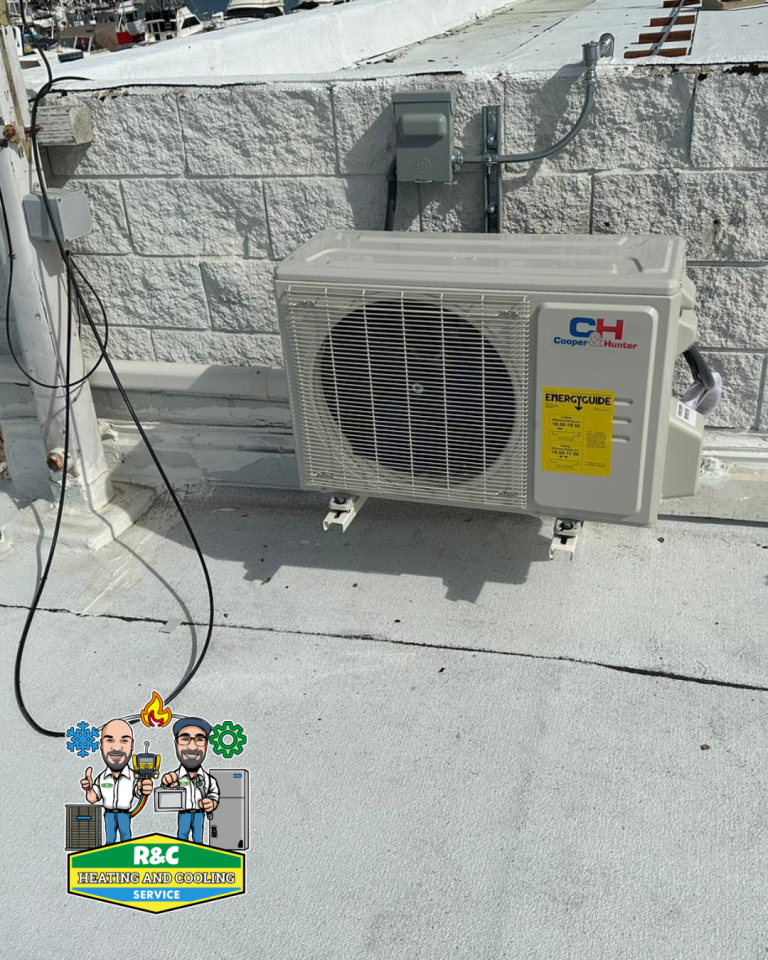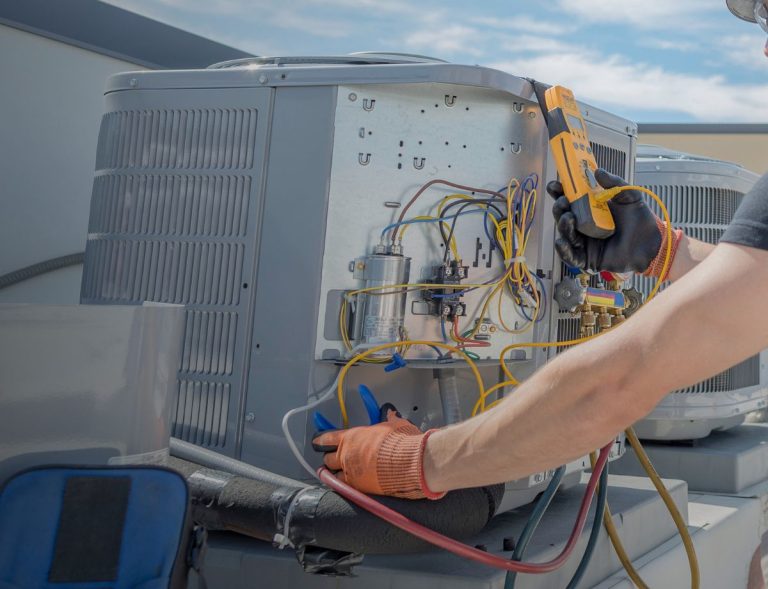Confusion About HVAC Systems: A Practical Guide to Understanding Your Repair and Upgrade Options.
When it comes to HVAC systems, many homeowners and building managers feel overwhelmed by the number of options available. From technical terms like SEER, BTU, and thermal load to decisions about whether to repair, upgrade, or replace an entire system, the lack of clear information can lead to doubts and costly or inefficient choices.
Table of Contents
Introduction
If you’ve ever wondered what the best option is to improve the performance of your air conditioning or heating system, or if a repair is enough instead of a full replacement, this article is for you. Here, we will break down the most important concepts in the HVAC world, explain when it is best to repair or upgrade your system, and provide practical tips to maximize efficiency and comfort in your home or business.
1. Basic Concepts: Understanding Your HVAC System
HVAC stands for Heating, Ventilation, and Air Conditioning. Its function is to regulate temperature, humidity, and indoor air quality. The most common systems include:
-
Central Air Conditioning Systems: Use ductwork to distribute cool air throughout the house or building.
-
Heat Pumps: Efficient systems that provide both heating and cooling.
-
Ductless Mini-Splits: Ideal for spaces without ducts, offering independent temperature control in different zones.
-
VRF/VRV Systems: Common in commercial buildings, allowing temperature adjustments in multiple areas with high efficiency.
Each of these systems has its own advantages and disadvantages, which we will explore below.
2. Repair or Replace? How to Know the Best Option
If your HVAC system is experiencing issues, consider these factors before deciding between repair or replacement:
When to repair:
-
The system is less than 10 years old.
-
The repair is minor and does not exceed 30% of the cost of a new system.
-
The system has been regularly maintained and is running efficiently.
When to replace:
-
The system is over 15 years old and has lost efficiency.
-
It requires costly and frequent repairs.
-
Your energy bills have increased significantly.
-
It does not meet new energy efficiency standards.
If your system is in a gray area between these two options, consult a professional to evaluate the best solution based on your budget.
3. Key Features When Choosing a New HVAC System
If you decide to upgrade your system, here are some essential factors to consider:
-
Energy Efficiency (SEER, AFUE, HSPF): Look for high-efficiency ratings to reduce operating costs.
-
System Size: A system that is too large or too small will affect efficiency and comfort.
-
Zoning Capabilities: Allows temperature control in different parts of the home or office.
-
Smart Technology: Smart thermostats optimize energy consumption.
4. Preventive Maintenance: The Key to Longevity and Efficiency
To avoid costly problems and extend the lifespan of your HVAC system, follow these recommendations:
-
Change filters regularly (every 1-3 months).
-
Schedule a professional inspection at least once a year.
-
Keep ducts and coils clean to improve airflow.
-
Check refrigerant levels to ensure optimal performance.
5. Conclusion: Make Informed Decisions
Understanding how your HVAC system works and knowing your repair or replacement options will help you make smart decisions. Always consult certified professionals to evaluate the best solution for your space and budget.
If you have questions or need personalized advice, our team is ready to help. Contact us today and ensure comfort in your home or business!
Flexible Financing Options
Up to 24 Months No Interest Benefit from up to 24 months with no interest, allowing you to manage your budget effectively while upgrading your home’s heating and cooling systems.








